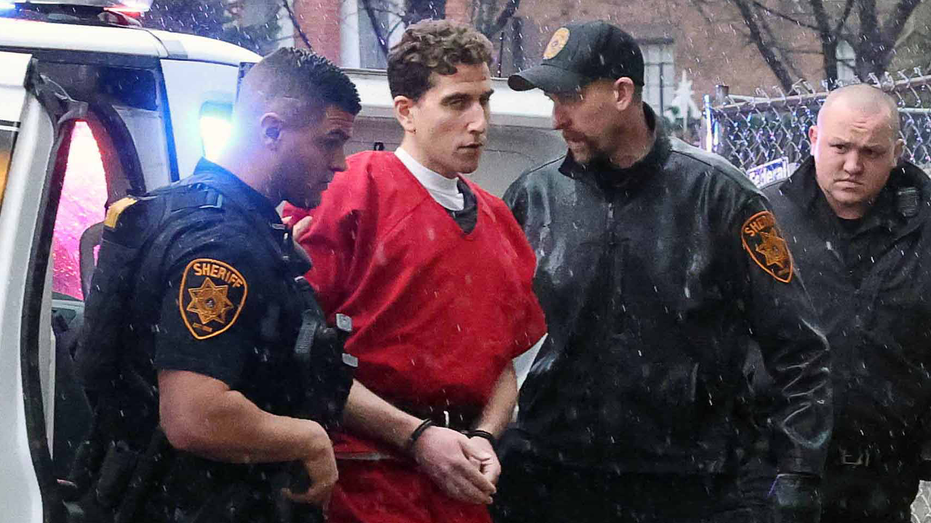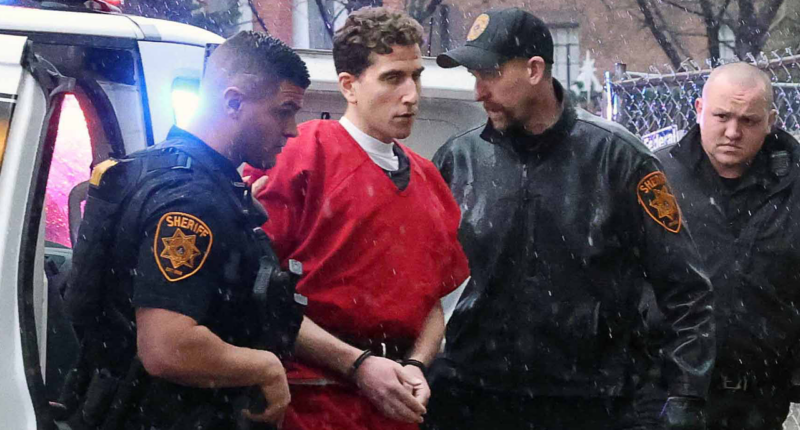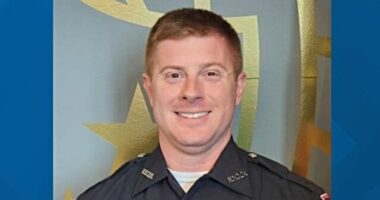Share this @internewscast.com

Dr. Kris Mohandie on Kohberger plea deal
After Idaho student murders killer Bryan Kohberger pleads guilty to avoid the death penalty, the forensic psychologist warns that life without parole may not mean the same thing in the future.
Bryan Kohberger admitted to killing four University of Idaho students to avoid the death penalty, but his life could still be in danger, according to a former prison pastor who is in touch with convicts around the country.
Kohberger, 30, was a criminology Ph.D. student at Washington State University when he snuck into a home 10 miles away and butchered Madison Mogen, 21, Kaylee Goncalves, 21, Xana Kernodle, 20, and Ethan Chapin, 20, in a 4 a.m. knife attack. Some of them were asleep.
The motive remains a mystery. He left behind a Ka-Bar knife sheath with his DNA on it.
In exchange for his plea, he avoids the potential of facing a firing squad and instead gave up his right to appeal or seek a reduced sentence on four consecutive life prison terms without parole, plus another 10 years.
He said that Kohberger will have to work between 40 and 60 hours a week at a prison job while serving life without parole, as opposed to “getting room service three times a day” on death row while lazing away in protective custody.
“To sentence someone to prison for life without the possibility of parole means that they’ll be making a contribution for the rest of their lives as a worker at that prison,” he said. “If he was on death row, that would not be the case. He would, in fact, be a burden on the prison, a burden on taxpayers, and waiting for a date to be executed some 25 or 30 years later.”
Rovere suggested Kohberger might be better off seeking a transfer to a prison in another state. While Idaho has fewer violent inmates than places like California, Texas and New York, prisoners there could have potential ties to the Pennsylvania man’s victims.
“You also have to take account of how many friends and family members of the victims might have a friend in there,” he said. “Or a friend of a friend of a friend, who they can reach out to and make sure he’s taken care of — or at least beaten very badly.”
–>

















